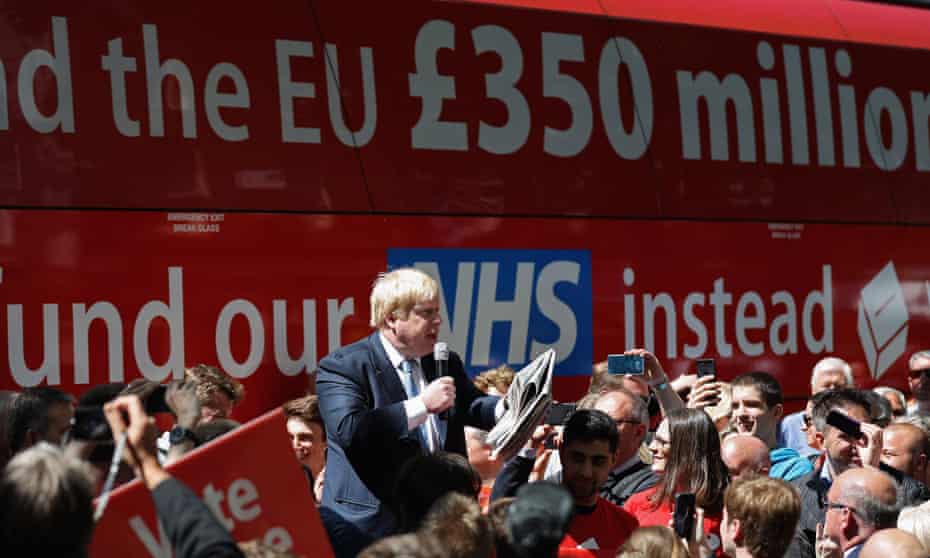Explain why imperfect information can lead to market failure.
Imperfect information occurs when buyers and sellers do not possess complete knowledge about the goods, services, or market conditions. It can lead to market failure in several ways:
Adverse Selection: Adverse selection occurs when one party in a transaction has more information than the other, leading to an imbalance of knowledge. In such cases, the party with superior information may take advantage of the other party, resulting in a market failure. For example, in the used car market, sellers may have more information about the condition of the car than buyers, leading to a situation where buyers are hesitant to purchase used cars due to the risk of buying a lemon.
Moral Hazard: Moral hazard occurs when one party alters their behavior after entering into an agreement because they have incomplete information. This can lead to market failure when the party takes risks or engages in actions that are not anticipated by the other party. For instance, in the insurance market, if policyholders know that they are fully covered in case of damage or loss, they may be less careful or take more risks, leading to higher costs for insurance providers and potential market distortions.
Externalities: Imperfect information can also result in market failures related to externalities, which are the spillover effects of economic activities on third parties who are not directly involved in the transaction. When market participants do not have complete information about the external costs or benefits associated with their actions, they may not take them into account when making decisions. This can lead to overproduction or underproduction of goods and services, causing market inefficiencies. For example, if a factory pollutes a nearby river, the cost of environmental damage may not be fully known or accounted for, resulting in an inefficient allocation of resources.
Consumer Misrepresentation: In markets where sellers can misrepresent or manipulate information to deceive buyers, market failures can occur. For instance, sellers may provide false or misleading information about the quality, safety, or performance of their products, leading to a misallocation of resources and harm to consumers.
Information Asymmetry: Information asymmetry occurs when one party in a transaction has more information than the other, creating an imbalance of power. This can lead to market failures, such as unfair pricing, exploitation, or market domination by the party with superior information. For example, in financial markets, when banks or financial institutions possess more information about the risks associated with certain investments than individual investors, it can result in market distortions and inefficiencies.
In all these cases, imperfect information can undermine the efficient functioning of markets, leading to market failures and suboptimal outcomes. Governments and regulatory bodies often intervene to address these information gaps through measures such as mandatory disclosures, consumer protection laws, regulations on advertising and labeling, and enhancing transparency in markets. By reducing information asymmetry and improving information flows, market failures due to imperfect information can be mitigated, allowing for more efficient and fair market outcomes.
 ‘
‘